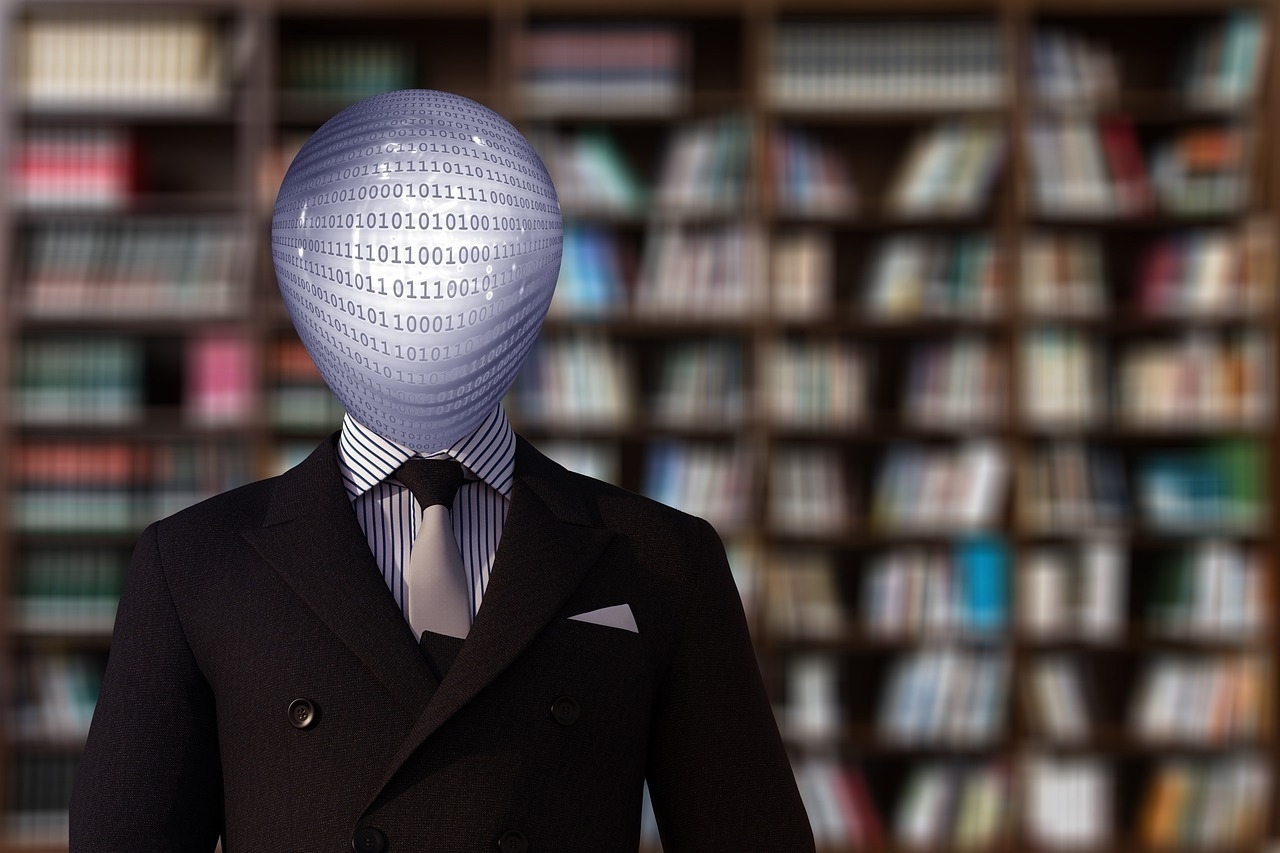AI Tutors: Are They the Future of Personalized Learning?
Artificial intelligence (AI) is steadily transforming various industries, and education is no exception. Among its most promising applications in higher education is the development of AI-powered tutors. These intelligent systems have the potential to revolutionize learning by providing personalized assistance to students, but their effectiveness can vary depending on the context.
What Are AI Tutors?
AI tutors are advanced software programs designed to support students by tailoring educational content to their individual learning styles, paces, and needs. Unlike traditional classroom settings, where one teaching method is applied to all students, AI tutors analyze a wealth of data—from test scores to engagement metrics—to adapt the learning experience in real-time. This adaptability makes AI tutors a powerful tool for personalized education.
When AI Tutors Shine
AI tutors are particularly effective in situations where students need extra help in mastering specific skills or concepts. For example, they can be invaluable in subjects like mathematics or coding, where problem-solving paths are clearly defined, and the learning process can be broken down into discrete steps. In these cases, AI tutors can provide instant feedback, allowing students to learn at their own pace without feeling the pressure of keeping up with a classroom full of peers.
Another scenario where AI tutors excel is in self-paced online courses. Students who are juggling multiple responsibilities, such as work or family, can benefit from the flexibility that AI tutors offer. These tutors can adapt to the learner’s schedule, providing support whenever and wherever it’s needed. The constant availability of AI tutors ensures that students have access to help at any time, which is especially beneficial for those studying remotely or during off-hours.
Additionally, AI tutors are effective in identifying and addressing specific learning gaps. For instance, if a student consistently struggles with a particular type of problem, the AI can recognize this pattern and offer targeted exercises to help improve their understanding. This level of personalized intervention can lead to significant improvements in learning outcomes, as shown by research from Luckin et al. (2016).
Where AI Tutors May Fall Short
Despite their advantages, AI tutors are not a one-size-fits-all solution. Their effectiveness can diminish in more complex, nuanced subjects that require deep critical thinking, creativity, or emotional intelligence. For example, in humanities courses where open-ended discussions, essay writing, and interpretation of texts are central, AI tutors may struggle to provide the same level of insight and guidance that a human instructor can. These subjects often require a nuanced understanding of context, tone, and intent—areas where AI, as it currently stands, may not excel.
Moreover, AI tutors may not be the best choice for students who require a high degree of social interaction to stay motivated. Learning is often a social process, and the lack of human interaction in AI-driven learning can lead to disengagement for some students. For instance, in group projects or collaborative learning environments, the role of AI tutors is limited, as these settings rely heavily on peer interaction and teamwork, which AI cannot yet replicate effectively.
Another potential pitfall is the over reliance on AI, which could reduce students' opportunities to develop interpersonal skills and emotional intelligence. Human educators play a crucial role in modeling behaviors, providing mentorship, and fostering a learning environment that encourages open dialogue and critical thinking—elements that AI, in its current form, cannot fully replicate.
Conclusion
AI tutors undoubtedly have the potential to revolutionize personalized learning in higher education by offering tailored support and freeing educators to focus on more complex teaching tasks. However, they are not without limitations. AI tutors work best in scenarios that involve clearly defined problems and self-paced learning but may fall short in subjects that require deep human interaction and nuanced understanding. As we continue to integrate AI into education, it’s essential to consider these factors to ensure that AI tutors complement rather than replace the invaluable role of human educators.
References
- Luckin, R., Holmes, W., Griffiths, M., & Forcier, L. B. (2016). Intelligence Unleashed: An Argument for AI in Education. Pearson Education. Retrieved from Pearson Report.
- Holmes, W., Bialik, M., & Fadel, C. (2019). Artificial Intelligence in Education: Promises and Implications for Teaching and Learning. Center for Curriculum Redesign. Retrieved from Center for Curriculum Redesign.
